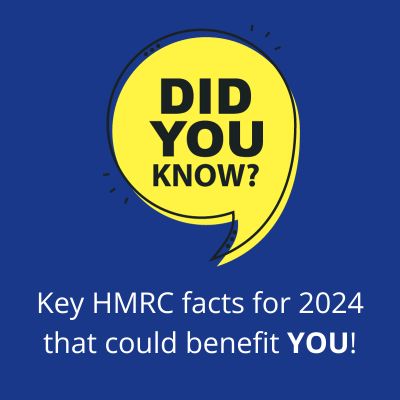5 Important Facts for Employers re the New National Minimum Wage & National Living Wage in April 2023
The National Living Wage (NLW) covers all workers aged 23 and over and not in the first year of an apprenticeship; The National Minimum Wage (NMW) applies to those workers aged below 23 years and not in the first year of an apprenticeship
Changes from 1 April 2023 to National Minimum Wage / National Minimum WageKey facts for Employers
As an employer, it is important that you understand your duties and responsibilities under the legislation. You need to ensure you are paying your staff correctly in order to avoid financial penalties and even prosecution.
- Understand the consequences of failing to pay
If as an employer you fail to pay NMW/NLW you will be subject to:
- Fines of 200% of arrears (reduced to 100% if paid within 14 days, subject to a maximum of £20,000 per unpaid worker)
- Repayment of arrears, calculated at the current rate of NMW/NLW
- Criminal proceedings for the most serious breaches
- Keep up with entitlement
Regularly check your employees’ birthdays to ensure they are being paid the appropriate NMW/NLW rate from the next ‘pay period’.
Taking apprentices as an example:
Apprentices are entitled to the apprentice rate if they’re either aged under 19 or aged 19 or over and in the first year of their apprenticeship. So, an apprentice aged 21 in the first year of their apprenticeship is entitled to a minimum hourly rate of £4.81.
Apprentices are entitled to the minimum wage for their age if they are both aged 19 or over and have completed the first year of their apprenticeship. So, an apprentice aged 21 who has completed the first year of their apprenticeship is entitled to a minimum hourly rate of £10.18.
16% of those publicly ‘named and shamed’ by the government for breaching the NMW/NLW blamed ‘failing to increase pay in line with entitlement’ as the reason.
- Keep up with deductions
Certain deductions can cause pay to fall below NMW/NLW, and not breach the law, such as income tax and National Insurance; recovery of accidental overpayment or pay advances; pension contributions; student loan repayments; trade union fees; and accommodation offsets.
However, other deductions and expenses can be unlawful and lead to an underpayment of NLW/NMW. These include deductions for tools, uniforms, travel costs (except commuting costs) and training courses.
For example, where an employee must purchase a uniform, their total pay minus the uniform cost cannot be below the applicable NLW/NMW rate.
- Ensure to include travelling time
Where travel is essential to the job, for example, delivery drivers, traveling salespeople, and domiciliary carers, they should be paid to travel between clients. Commuting time (time spent travelling from home to work) is not usually included.
- Know the date the first increase is due
The increases take effect at the next ‘pay reference period’ after 1 April 2023. So if an employee’s next pay is due on 15th April 2023, the increase doesn’t apply until 16th April 2023.
Other changes from 1st April 2023:
- From 2nd April 2023, the flat weekly rate of statutory maternity, paternity, adoption, shared parental and parental bereavement pay will increase from £156.66 to £172.48.
- From 6 April 2023 the rate of statutory sick pay increases from £99.35 to £109.40 per week.
Further information for Guidance on calculating the minimum wage to help employers meet National Minimum Wage legislation.
Read more about the types of work and the working hours for which you must pay the minimum wage.
Our friendly team at Another Answer Books and Accounts is here to support and help you navigate the regulations so that you avoid penalties and ensure that you meet all of your payroll responsibilities. Find out more information about outsourcing your payroll to us.






